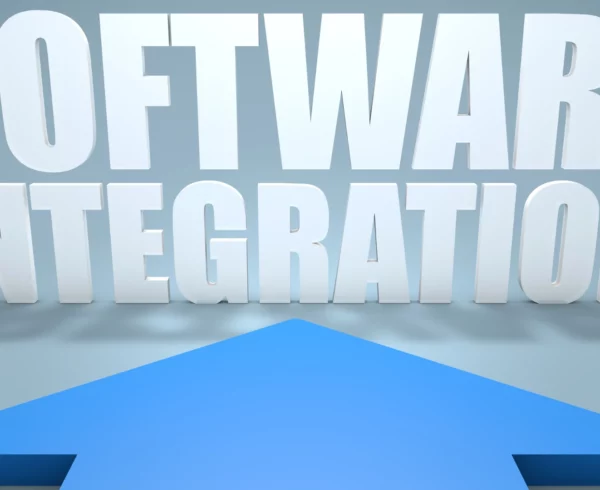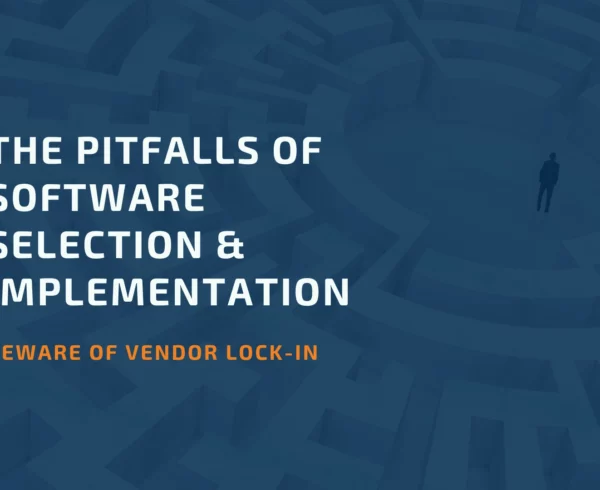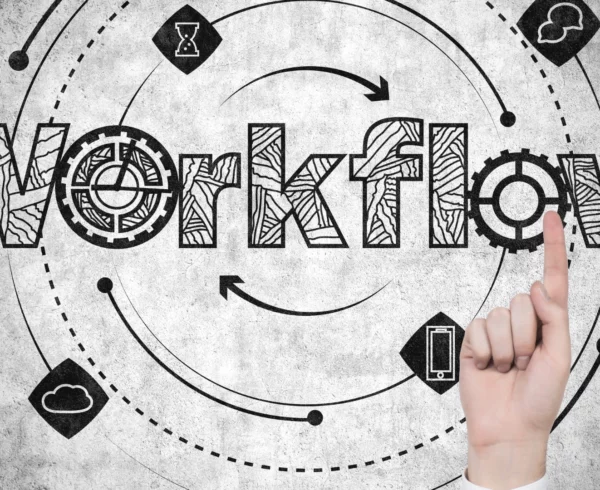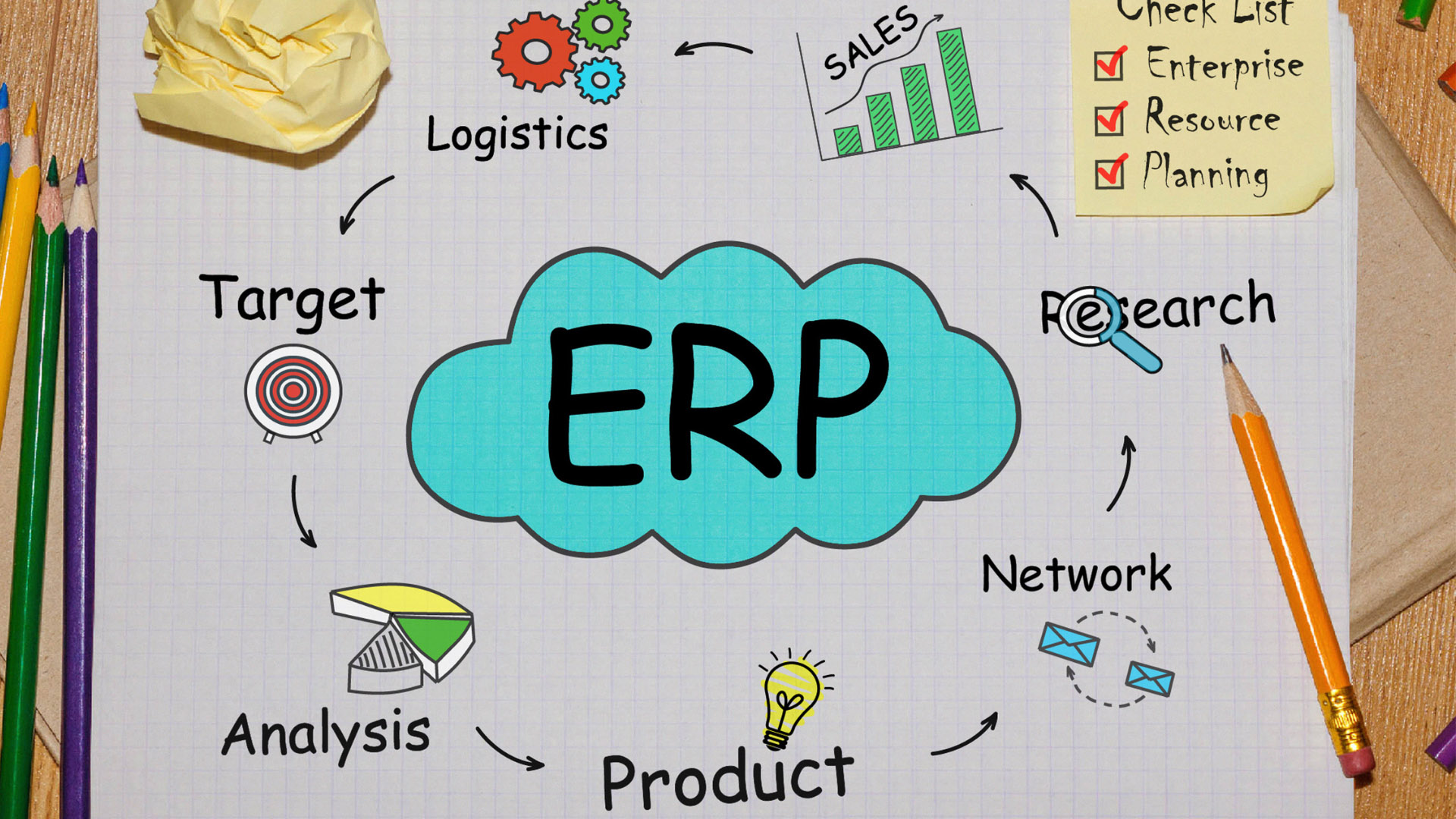
It doesn’t matter how big a manufacturer or distributor you are; every business needs a method of organization for it to be profitable and effective. But, even knowing this, many small- and medium-sized companies aren’t sure what they need or where to start looking.
Surprisingly, many mid-market manufacturers and distributors didn’t know ERP existed or that a more efficient method beyond Excel Spreadsheets was available. ERPs are a critical tool for any business that can improve efficiency in multiple departments via one centralized system that allows for a smoother operation allowing you to focus more on the day-to-day running of your business and your customer base.
ERP systems give businesses greater insight and visibility into their supply chain operations. Access to this essential information permits them to make critical business decisions and retain a competitive advantage in their industry, regardless of how big or small the competition may be. An ERP system has 360° visibility into operations, so problems are easier to identify, and employees can make informed decisions. In addition, financial data is always current thanks to real-time integration between financial, distribution and manufacturing solutions.
Why is ERP Integration with Business Processes Important?
Before we jump into that, let’s understand an integrated business process. An integrated business process is when you have a connection or integration where two systems share data to improve a specific area of your organization. It is most commonly understood with ERP software and its integration with other software solutions.
Here are five business areas where you can join your existing ERP with other areas of your business to improve your business processes.
Inventory Management
An external inventory management system will not improve your business unless you integrate it into an effective ERP system. The function of an ERP is to integrate your inventory management system with the rest of your processes, allowing smooth inventory tracking throughout the manufacturing process. Integrating your inventory management with the rest of your operation makes tracking inventory throughout your organization easy. In addition, an ERP system provides your staff immediate access to an updated, centralized inventory database in real time. This access allows for a more effective production line and provides more in-depth and accurate financial reports.

Customer Relationship Management
Integrating your CRM system with your ERP allows you to access real-time data and information regarding your customer base. This data allows you and your team to gain real-time information and knowledge about your existing and future customers and adapt to hurdles. Additionally, access to information instantly allows your team to increase customer satisfaction by knowing customers better and, as a result, serving and retaining them. Finally, integrating your ERP and CRM software systems gives your team a complete view by drawing information from sales to accounts receivable and inventory to buying habits. As a result, your employees can better understand customer needs and anticipate their orders before they come in.
E-Commerce Integration
The COVID-19 pandemic sped up the move to e-commerce as it pushed companies to move from in-person to online sales and services overnight. E-commerce platforms allow customers to browse, order, and pay online and are usually the first contact with the customer. The e-commerce platform integrates with the ERP and manages the order fulfilment process – checks or updates inventory and ships the product. Many e-commerce platforms exist, including Amazon, BigCommerce, Magento, and Shopify.
Multiple System Integration
Due to acquisitions, mergers or departmental preferences, Companies may have multiple ERP systems. You must connect these ERP systems to work as integrated systems that create a consistent and accurate view of customer and product data. The ERP systems used by many companies include Epicor, Microsoft Dynamics 365, Oracle NetSuite, SAP S/4 HANA, Sage, Workday Financials, and others.
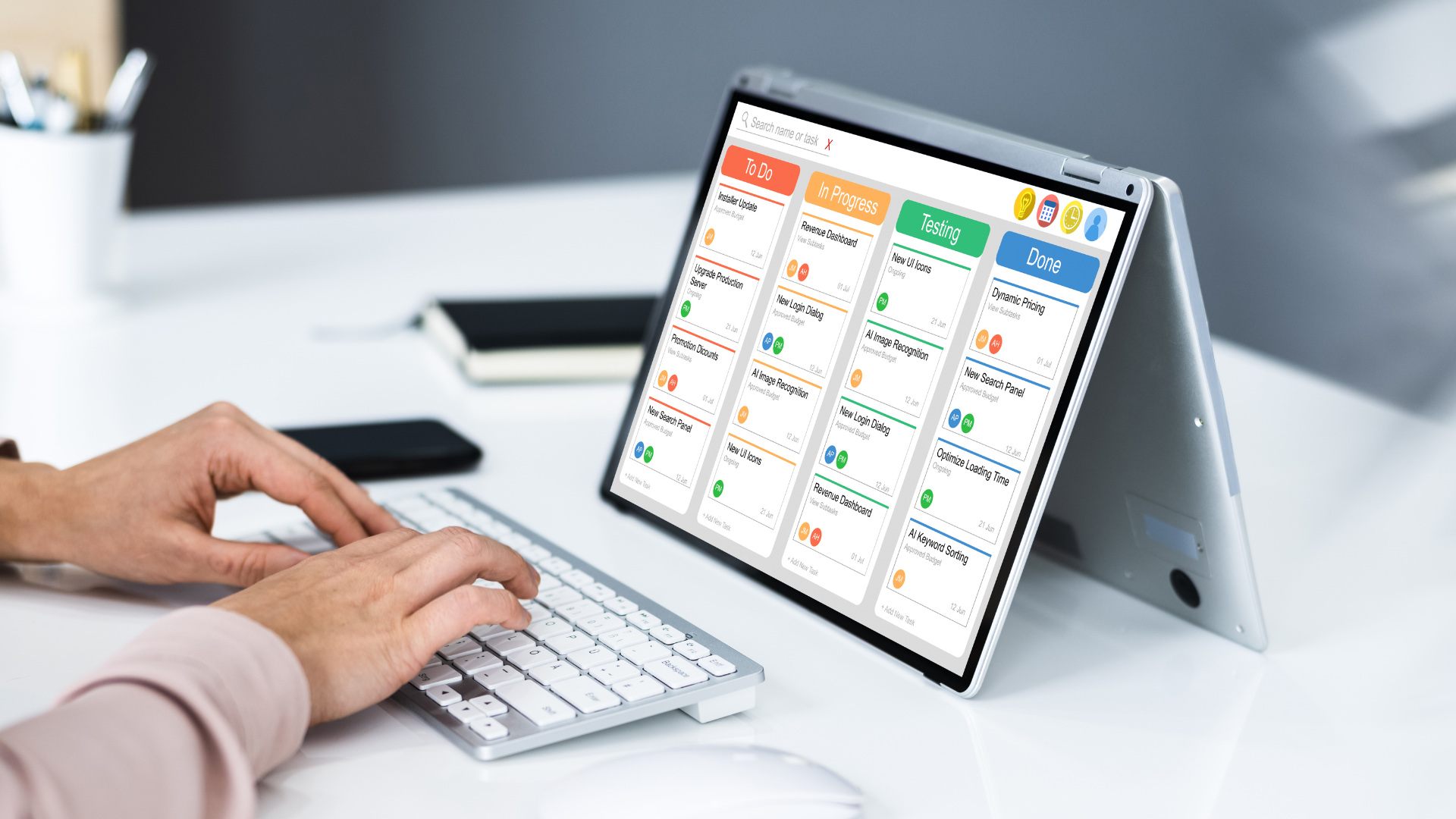
Project Management
At its core, an ERP is a project management and priority management system. A good ERP will supply you with all the tools needed to schedule and track your project’s progress. You will move past the whiteboard to a more effective and efficient project management system using an ERP. ERPs allow you to effectively manage all milestones that need to be completed to get a job out the door on time. Milestone management provides a high-level representation of activities to be completed to deliver a job. At every step, you’ll know what task needs to be done and when, the progression of that task, and the same stage you are at with any given job you have in your shop – all in real-time. Having an ERP means you will always have complete visibility over your entire business, allowing you to manage better and oversee your organization’s jobs.
Conclusion
With an ERP’s ability to connect your entire organization, it will frankly become the workhorse of your business, letting you improve your business operations and become a better, more efficient
business.
At BHC, we understand that an ERP system is essential to growing a successful business. With our extensive experience in multiple sectors ranging from financial to manufacturing, we can solve any of your unique problems with our unique solutions.
Contact us today to find out how we can support your business in reaching its goals.

